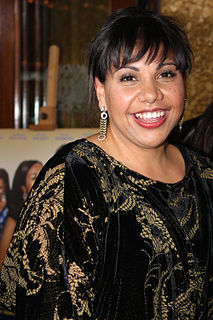A Quote by Clint Eastwood
You have to steal a lot. You have to have a criminal mentality to be a film director.
Related Quotes
In existing criminology there are concepts: a criminal man, a criminal profession, a criminal society, a criminal sect, and a criminal tribe, but there is no concept of a criminal state, or a criminal government, or criminal legislation. Consequently what is often regarded as "political" activity is in fact a criminal activity.
Me and Kirby are very collaborative and it changes from film to film. The first project we worked on together, Derrida, we co-directed. The last film Outrage, I was the producer and he was the director. This film was much more of a collaboration - he is the director and I am the producer - but this is a film by both of us.
I've got a lot of respect for a handful of coaches, and there's a lot of great stuff put out there on film. So, I always want to stay up to speed on those current trends and figure out if you can steal something that fits your players and your system. I'm certainly not afraid to steal from some of these great coaches.
Film’s thought of as a director’s medium because the director creates the end product that appears on the screen. It’s that stupid auteur theory again, that the director is the author of the film. But what does the director shoot-the telephone book? Writers became much more important when sound came in, but they’ve had to put up a valiant fight to get the credit they deserve.
I have worked with a lot of really great women directors: Ana Kokkinos; Cate Shortland, who just recently directed a film called 'Lore;' another director, Rachel Perkins - she's an Aboriginal director, and I've worked with her three times now, and she gave me my first film role, actually, back in 1997.
Before writing a single note of music, and even before the spotting session, I find it best to sit down with the director and just listen to him or her talk about the film - what they're trying to say, what they want the audience to understand or believe, and a thousand other similar questions. The director has most likely been living with the film for years before a composer is attached, and so the director's inclinations, desires, and understanding of the film are paramount.




































